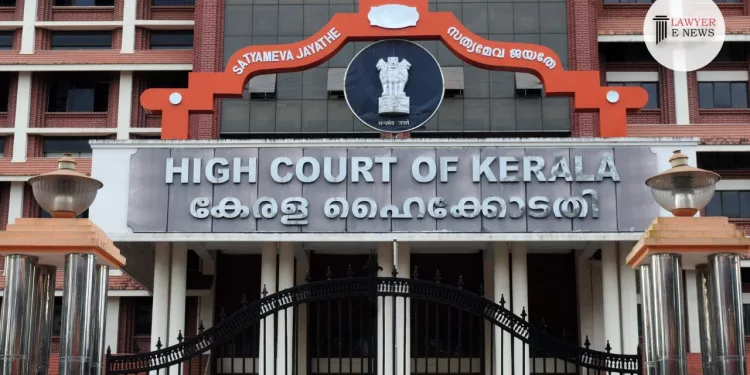Insufficient Evidence of Common Intention: Kerala High Court Acquits Two Accused in Murder Case, Confirms Life Sentence for Main Accused”

“The absence of proof of common intention results in acquittal for two, while the main accused’s conviction is upheld.”
The Kerala High Court has acquitted two of the three individuals accused in the high-profile Baiju murder case, citing a lack of evidence to prove their common intention to commit the crime. The court upheld the life sentence for the main accused, Niyas @ Riyas (A1), emphasizing the critical role of credible eyewitness testimony in the judgment.
On the night of December 9, 2010, Baiju was fatally stabbed near his home following a heated altercation earlier that day. The prosecution claimed that Niyas @ Riyas (A1) carried out the stabbing, with assistance from Shaffeek (A3) and Vijith (A2), who allegedly held Baiju to prevent his escape. The trial court convicted all three under Sections 341, 302, and 34 of the Indian Penal Code (IPC), leading to life sentences. However, on appeal, the High Court found the evidence insufficient to prove a shared common intention by A2 and A3.
Credibility of Eyewitness Testimony: The court noted the consistent identification of A1 by key eyewitnesses. “Minor discrepancies in their testimonies regarding ancillary details do not discredit core allegations,” the bench observed. The evidence was deemed credible and reliable in implicating A1 in the stabbing of Baiju.
Common Intention: The court found that the prosecution failed to provide adequate evidence of a common intention among A1, A2, and A3 to commit the murder. “Mere presence at the scene of the crime is insufficient to infer common intention,” the court remarked, emphasizing that A2 and A3’s involvement did not meet the legal threshold for shared intent.
The judgment discussed the principles of common intention under Section 34 of the IPC, highlighting that joint liability requires proof of a shared intention to commit the crime. The court concluded that the prosecution did not establish beyond a reasonable doubt that A2 and A3 had such intent.
Justice P.B. Suresh Kumar stated, “In the absence of clear evidence proving that the second and third accused shared a common intention with the first accused to commit murder, their conviction cannot be sustained.”
The Kerala High Court’s decision to acquit Shaffeek (A3) and Vijith (A2) while upholding the conviction of Niyas @ Riyas (A1) underscores the judiciary’s commitment to ensuring that convictions are based on solid and credible evidence. This judgment highlights the necessity of proving common intention in cases involving multiple defendants and is expected to influence future interpretations of joint liability under the IPC.
Date of Decision: 4th June 2024
Shaffeek vs. State of Kerala






